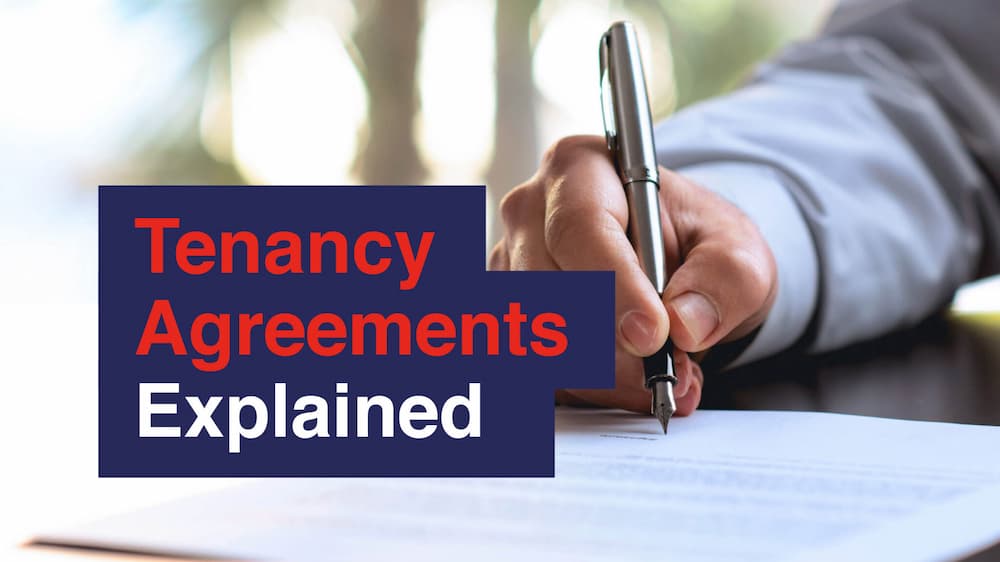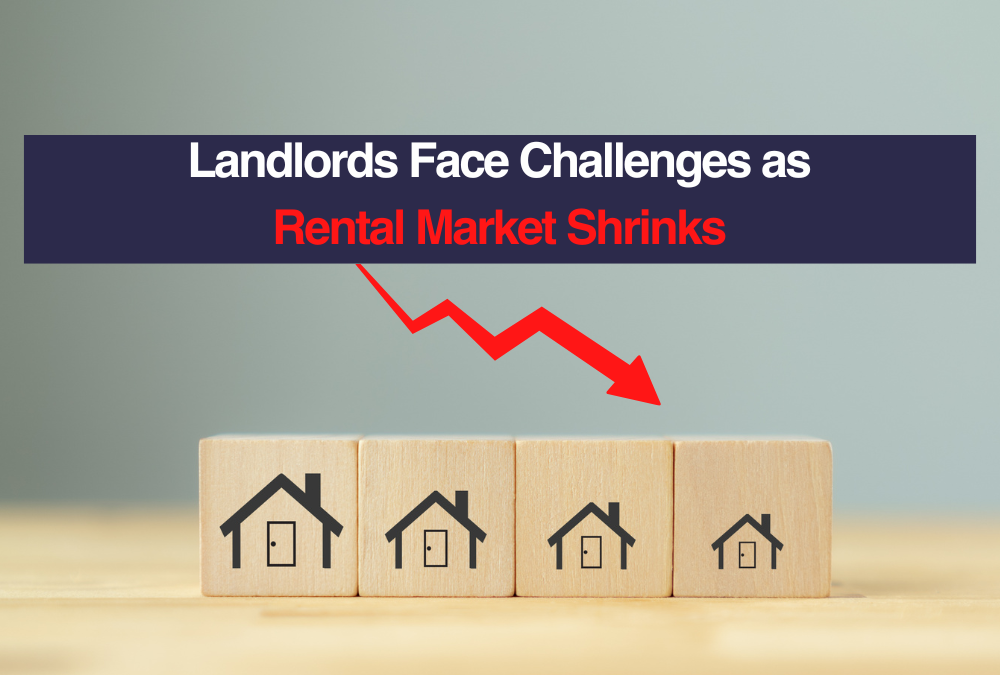People are often surprised by the length of tenancy agreements. Are they even really necessary?!
The answer is YES if you want to be protected for the duration of your tenancy it is completely necessary.
It is also advisable for the tenancy agreement to be fully comprehensive as it can act as a guide for both landlord and tenant.
Tenancy agreements are long documents because, put simply, there are a lot of issues to cover. And all of these issues are important!
So … what sort of things does your agreement need to include? The answer is that is needs to cover everything to do with your tenants use of the property.
Tenancy Examples:
- As the tenant fees legislation only allows you to charge a fee in limited circumstances, you will need to make sure that if a fee is detailed in the tenancy agreement, it is a fee which is legally allowed to be charged.
- Situations which were previously dealt with by charging a fee, will now have to be handled in a different manner, such as a breach of your tenancy terms – this can no longer be a chargeable issue unfortunately, instead you would need to actively claim compensation if it were appropriate. This would now also be the case in other situations such as if a tradesman turns up at an agreed time and the tenant refuses to let them in which may result in you being charged a call out charge.
- You will also need to include a clause telling your tenants that if they are going to be away for a long period – they need to notify you first. This is so you can arrange for extra cover on your insurance. You will need to check with the limit for the number of days where the property can be left empty is before adding this clause into your agreement to ensure the information is correct. If claims are made regarding empty properties after that, claims could be refused.
- One of the most important clauses you should include is one to protect your property against damp and condensation damage. Damp is one of the biggest problems in rental properties and is often caused by lifestyle issues rather than issues with the house itself. A clause stating that a tenant is to keep the property well heated and ventilated is essential in any tenancy agreement.
- When it comes to fire safety the Local Authority has the rights to impose penalties on landlords if they discover a property where fire escapes are being blocked by tenants’ belongings. Due to these checks, it is a good idea to include a clause requiring tenants to ensure that all fire escapes are kept clear and free from obstruction.
- Local Authorities are also often concerned about disposal of rubbish. Not only does your property look unsightly if there is rubbish scattered over the gardens, but it could also attract vermin. It is advisable to make sure you have a clause requiring tenants to dispose of rubbish in line with the Local Authority waste collection scheme.
- Pets are often an issue between landlords and tenants and if landlords want to prohibit pets their clauses will have to be properly drafted. If you do want to permit pets, your agreement should include suitable clauses for this situation. For example, stating that dogs should not be left for long periods alone in the property, or carpets must be professionally cleaned at the end of the tenancy agreement.
If you have a property you are wanting to rent out and need any help creating a tenancy agreement for your tenants all you have to do is contact us by emailing hello@horizonlets.com and we can guide you in the right direction as well as managing your property to ensure you don’t encounter any of the issues outlined above.
Related Articles
- Repairs: A Guide for Landlord & Tenants
- Lawful and Unlawful Discrimination – Tenants & Landlords
- The Importance Of Building A Good Relationship With Your Tenants
- Tenant Moving Out Information
- Further Rules for Evictions & Rent Arrears








